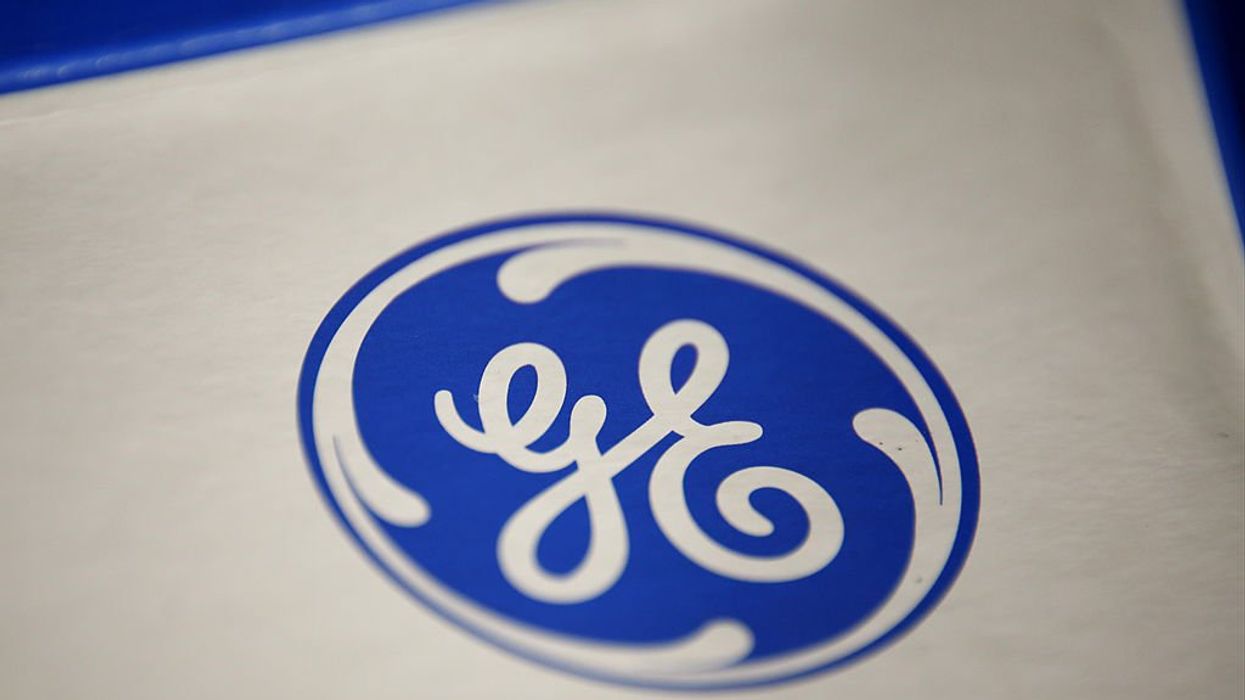The National Security Agency hopes to build a "cryptologically useful quantum computer" with the capability to break nearly every kind of encryption used to protect sensitive information around the globe, according to documents provided to the Washington Post by NSA leaker Edward Snowden.
 FILE - This June 6, 2013, file photo shows a sign outside the National Security Agency (NSA) campus in Fort Meade, Md. (AP Photo/Patrick Semansky, File)
FILE - This June 6, 2013, file photo shows a sign outside the National Security Agency (NSA) campus in Fort Meade, Md. (AP Photo/Patrick Semansky, File)
The encryption-cracking super machine is reportedly attached to a $79.7 million research program titled, "Penetrating Hard Targets." The majority of the project work is reportedly carried out under classified contracts at a laboratory in College Park.
It's unclear just how much progress the NSA has made in its quest to build a quantum computer, but the documents produced by Snowden suggest the spy agency is no closer than the rest of the world.
Scott Aaronson, an associate professor of electrical engineering and computer science at MIT, told the Post that it "seems improbable that the NSA could be that far ahead of the open world without anybody knowing it."
The Washington Post has more details on the technology behind the project:
Here’s how it works, in theory: While a classical computer, however fast, must do one calculation at a time, a quantum computer can sometimes avoid having to make calculations that are unnecessary to solving a problem. That allows it to home in on the correct answer much more quickly and efficiently.
Quantum computing is so difficult to attain because of the fragile nature of such computers. In theory, the building blocks of such a computer might include individual atoms, photons or electrons. To maintain the quantum nature of the computer, these particles would need to be carefully isolated from their external environments.
“Quantum computers are extremely delicate, so if you don’t protect them from their environment, then the computation will be useless,” said Daniel Lidar, a professor of electrical engineering and the director of the Center for Quantum Information Science and Technology at the University of Southern California.
The NSA likely has more than enough motivation to develop the game-changing technology, but experts are skeptical, though optimistic, that the quantum computer will be successfully built in the near future.
Even with a significant breakthrough, it's unlikely that the NSA will have the quantum computer they want within five years, Seth Lloyd, professor of quantum mechanical engineering at MIT, said.
Read the Washington Post's full report here.
–
[related]

 FILE - This June 6, 2013, file photo shows a sign outside the National Security Agency (NSA) campus in Fort Meade, Md. (AP Photo/Patrick Semansky, File)
FILE - This June 6, 2013, file photo shows a sign outside the National Security Agency (NSA) campus in Fort Meade, Md. (AP Photo/Patrick Semansky, File)





